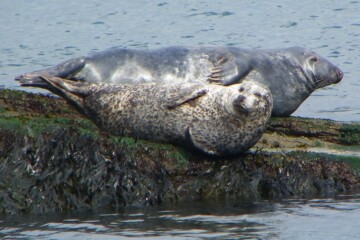
Protect marine mammal habitats
An international conservation initiative has identified new Important Marine Mammal Areas (IMMAs) in the Northeast Atlantic Ocean.

An international conservation initiative has identified new Important Marine Mammal Areas (IMMAs) in the Northeast Atlantic Ocean.
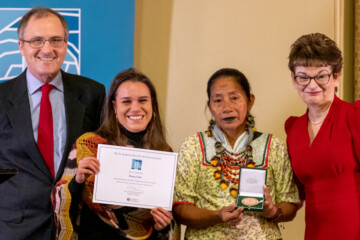
A non-profit alliance of Indigenous nationalities has won the $100,000 St Andrews Prize for the Environment.
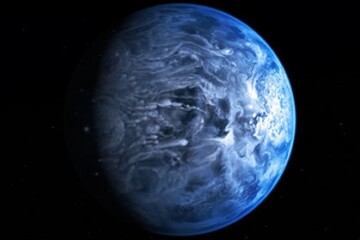
New international research led by the University of St Andrews reveals historical high latitude volcanic eruptions caused dramatic, but short-lived climate cooling.
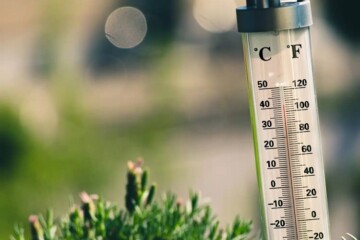
The University has been awarded a £1.2 million grant to lead a new international climate change research project known as GLOBAL-EX.
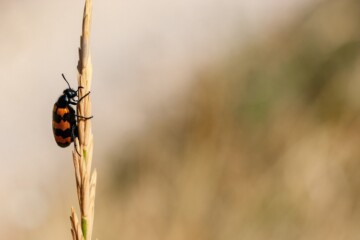
Animals who mate during a heatwave are less likely to reproduce successfully, according to new research led by the Universities of St Andrews and Aberdeen.
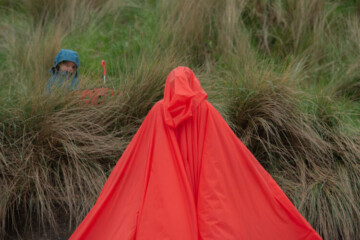
Byre Theatre show highlighted the devastating effects of plastic waste on the planet.
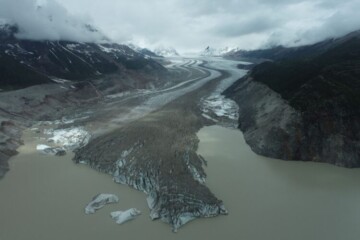
Unaccounted for glacier mass loss equivalent to more than 1000 times the total number of elephants living in the world went unaccounted for due to the inability of satellites to see underwater glacier changes.
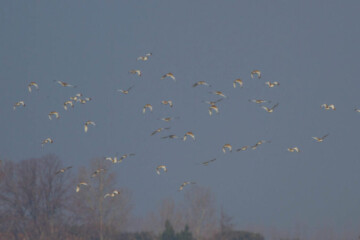
St Andrews scientists discover that widespread species increase the number of sites they occupy, whereas more narrowly distributed species decline.
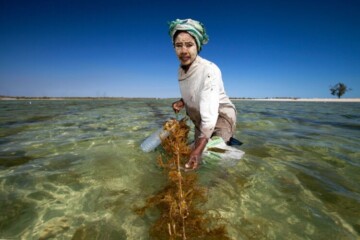
University marks 25 years of supporting sustainable global projects with annual contest.
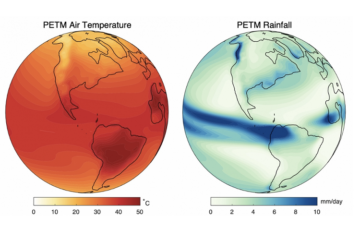
New research suggests maps of climate in the distant past could provide insight into the future as carbon dioxide levels in the atmosphere increase.